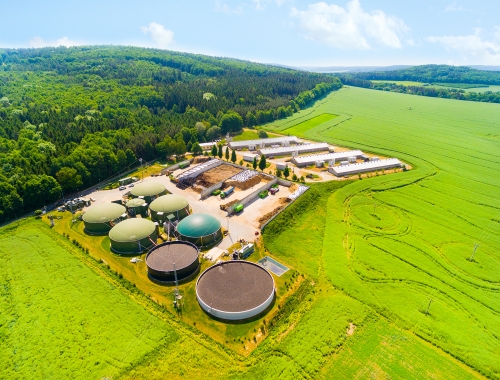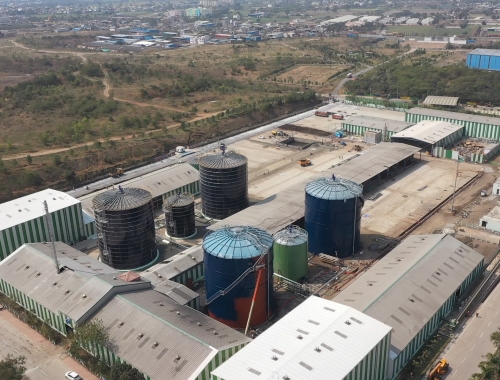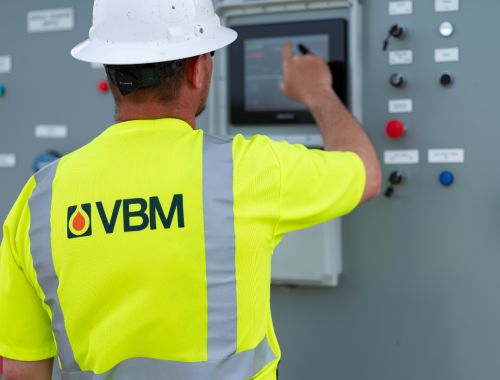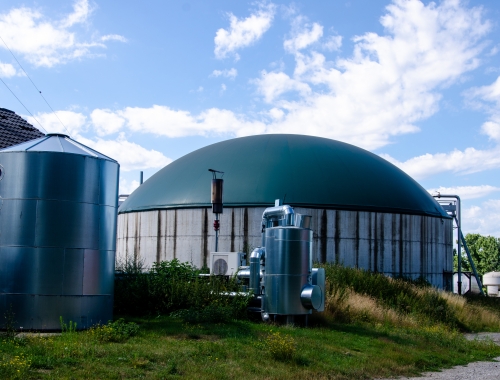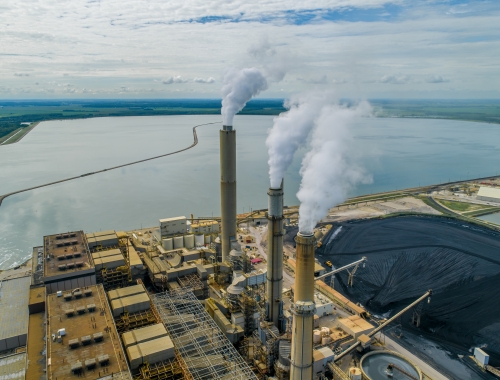US issues new guidance for CCUS
SUMMARY
$12bn is available for new CCUS technologies.
By Maureen McCallThe White House Council on Environmental Quality (CEQ) issued new guidance for the responsible development of carbon capture, utilisation, and sequestration (CCUS) technologies, the council said on February 15.
The new guidance is designed to serve projects supported by a cash infusion of more than $12bn for CCUS investments stemming from president Joe Biden’s Bipartisan Infrastructure Law.
“The guidance issued today provides federal agencies a framework for helping guide CCUS deployment in a manner that is environmentally sound and that cuts cumulative pollution in nearby communities,” said CEQ chair Brenda Mallory. “With industries moving quickly to adopt and deploy carbon capture technologies, Federal agencies can play a key role in ensuring that projects are done right and in a way that reflects the needs and inputs of local communities.”
Early consultation with Tribal Nations and meaningful engagement with communities, stakeholders, and other sovereigns are identified as key components of a timely and comprehensive approach to CCUS projects. The administration stressed that they should be part of an efficient regulatory regime.
CCUS deployment should also include effective permitting, meaningful public engagement early in the review and deployment process, and measures to safeguard public health and the environment, the administration said.
The CEQ issued a report in June 2021 identifying several actions for environmental review including early evaluation of impacts on host communities; cost, effect and benefits information provided in advance of consultations; mitigation of direct, indirect and cumulative effects on communities; and transparency regarding environmental mitigation efforts.
The guidance was released as part of a White House announcement regarding clean manufacturing, innovation to decarbonise, clean hydrogen, and trade policy.
In addition, the Environmental Protection Agency will look to strengthen greenhouse gas reporting rules to improve transparency surrounding CCUS, while the Department of Interior is working on establishing safeguards for geological sequestration on federal lands, and new regulations for offshore sequestration, the White House said.
The Carbon Capture Coalition (CCC) applauded the White House's announcements as a "significant step in the right direction," but stressed the need for additional support policies including improvements to the 45Q tax credit, which serves as the main mechanism for supporting CCUS development in the US. Failure to do so would imperil the administration's goals for net-zero emissions in the power sector by 2035 and industrial decarbonisation by mid-century, CCC said.

